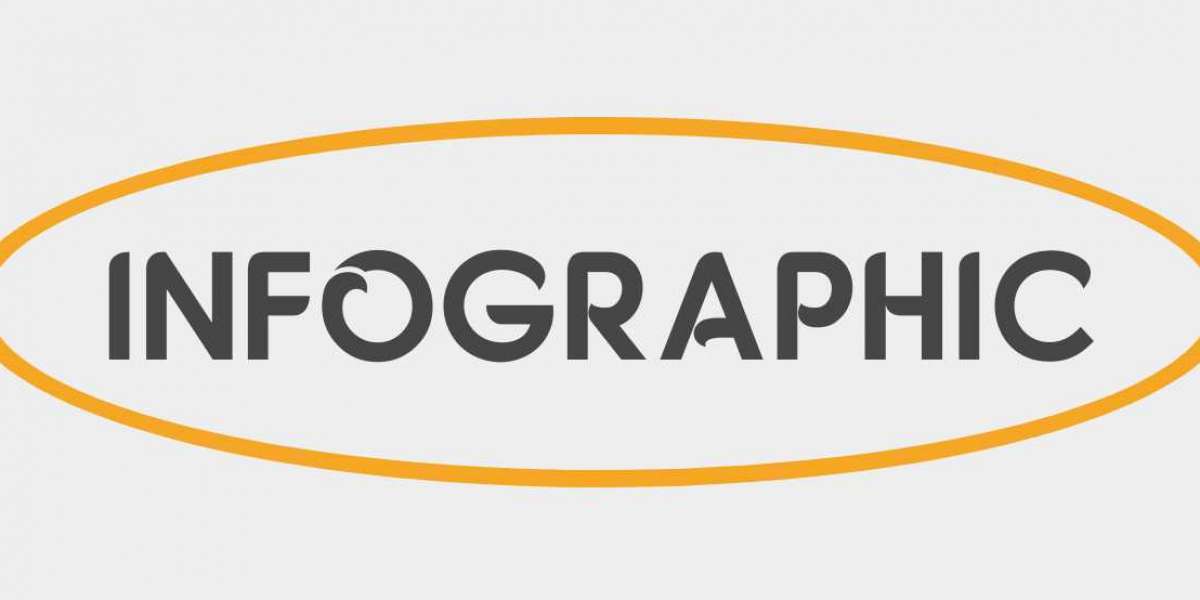Introduction
The MCCQE1 is a crucial step for medical graduates aiming to practice in Canada. This exam assesses your medical knowledge, clinical reasoning, and decision-making abilities, ensuring you meet the high standards of Canadian healthcare. Clearing the MCCQE1 is not just about passing a test; it’s about proving your competence as a physician ready to serve patients effectively. For aspiring doctors, this exam can feel challenging, but with the right approach, preparation, and tools, success is within reach.
Understanding the MCCQE1 is essential to start your preparation effectively. It is administered by the Medical Council of Canada (MCC) and is a mandatory requirement for licensure. The exam evaluates candidates on their medical expertise, covering both theoretical knowledge and practical application. Passing this exam demonstrates that you have the required clinical judgment and problem-solving skills to begin practicing medicine in Canada.
Structure and Format of the MCCQE1
The MCCQE1 is divided into two main parts: the multiple-choice questions (MCQs) and the clinical decision-making (CDM) section. The MCQ portion consists of 210 questions that test your understanding of core medical concepts across all specialties. These questions challenge your ability to integrate knowledge and make accurate clinical decisions.
The CDM section evaluates your ability to analyze patient scenarios and make informed decisions. This part of the MCCQE1 includes short-answer questions, where you must identify the correct diagnosis, order relevant tests, and outline appropriate treatment plans. Each question requires precision and accuracy, as even minor errors can impact your score.
The combination of MCQs and CDM questions ensures that the MCCQE1 measures not only your theoretical knowledge but also your ability to apply that knowledge in real-world situations. Proper preparation helps you build the confidence and skills needed to excel in both sections.
Why the MCCQE1 is Critical for Medical Graduates
The MCCQE1 serves as the gateway for medical graduates to enter the Canadian healthcare system. It ensures that physicians meet the highest standards of competence, professionalism, and patient care. Passing the exam opens doors for residency programs and medical practice in Canada. For international medical graduates (IMGs), this exam validates their qualifications and proves their readiness to work within the Canadian medical framework.
Preparing for the MCCQE1 is not just about memorizing facts; it’s about understanding medical principles and mastering clinical reasoning. The Canadian healthcare system demands excellence, and the exam reflects this commitment to quality patient care. Therefore, thorough preparation becomes a necessity to achieve success.
How to Prepare for the MCCQE1 Effectively
Preparing for the MCCQE1 requires dedication, discipline, and a structured plan. Start by familiarizing yourself with the exam format and syllabus. Understanding the types of questions and topics covered will help you create a focused study plan. Allocate sufficient time to cover all medical specialties, including internal medicine, pediatrics, surgery, psychiatry, and obstetrics.
Practice is key to success in the MCCQE1. Solve as many MCQs and CDM cases as possible to strengthen your clinical reasoning and time-management skills. Using high-quality question banks and mock exams will expose you to real exam scenarios and improve your confidence. A strong focus on understanding concepts rather than rote learning will help you excel in this exam.
Creating a study schedule is also crucial. Break your preparation into manageable phases, focusing on building your knowledge, practicing questions, and reviewing weak areas. Consistency in studying is more effective than last-minute cramming.
For candidates seeking additional support, platforms like Ace QBank provide excellent resources for MCCQE1 preparation. These platforms offer thousands of practice questions, simulated exams, and detailed explanations that align with the exam’s objectives. Such tools can help you identify gaps in your knowledge and improve your overall performance.
Common Challenges in the MCCQE1 and How to Overcome Them
Many candidates find the MCCQE1 challenging due to its comprehensive nature and time constraints. Managing time effectively during the exam is one of the most common challenges. Practicing under timed conditions will help you improve your speed and accuracy.
Another challenge is mastering the clinical decision-making (CDM) section. Many candidates struggle to provide concise and accurate answers. To overcome this, practice analyzing patient scenarios and writing clear, focused responses. Simulated cases and question banks help you become familiar with the CDM format and improve your decision-making process.
Stress and anxiety can also impact your performance. Maintaining a positive mindset and practicing self-care during your preparation will help you stay focused. Taking regular breaks, staying active, and maintaining a healthy lifestyle will keep your mind sharp and ready for the MCCQE1.
Benefits of Passing the MCCQE1
Clearing the MCCQE1 brings you one step closer to achieving your medical career goals in Canada. It qualifies you to apply for residency programs and licensure, giving you the opportunity to contribute to Canada’s world-class healthcare system. For international medical graduates, passing the exam validates their skills and opens doors to practice in Canada.
Successfully completing the MCCQE1 also boosts your confidence as a physician. It proves that you possess the knowledge, skills, and clinical judgment needed to provide high-quality patient care. Moreover, passing this exam sets a strong foundation for the subsequent steps in your medical licensing journey.
Conclusion
The MCCQE1 is a critical milestone for medical graduates aiming to practice in Canada. It tests your knowledge, clinical reasoning, and decision-making skills, ensuring you are ready to meet the demands of Canadian healthcare. With thorough preparation, dedication, and the right tools, you can overcome the challenges of this exam and achieve success.for blog visit our site flexsocialbox



![Pet Food Franchise Market Share Report Forecast [2032]](https://www.flexsocialbox.com/upload/photos/2024/10/gQL6GoJd1wConnb99hnx_03_1b9ffced43117f8e28c1d59ed9da0ad0_image.jpg)